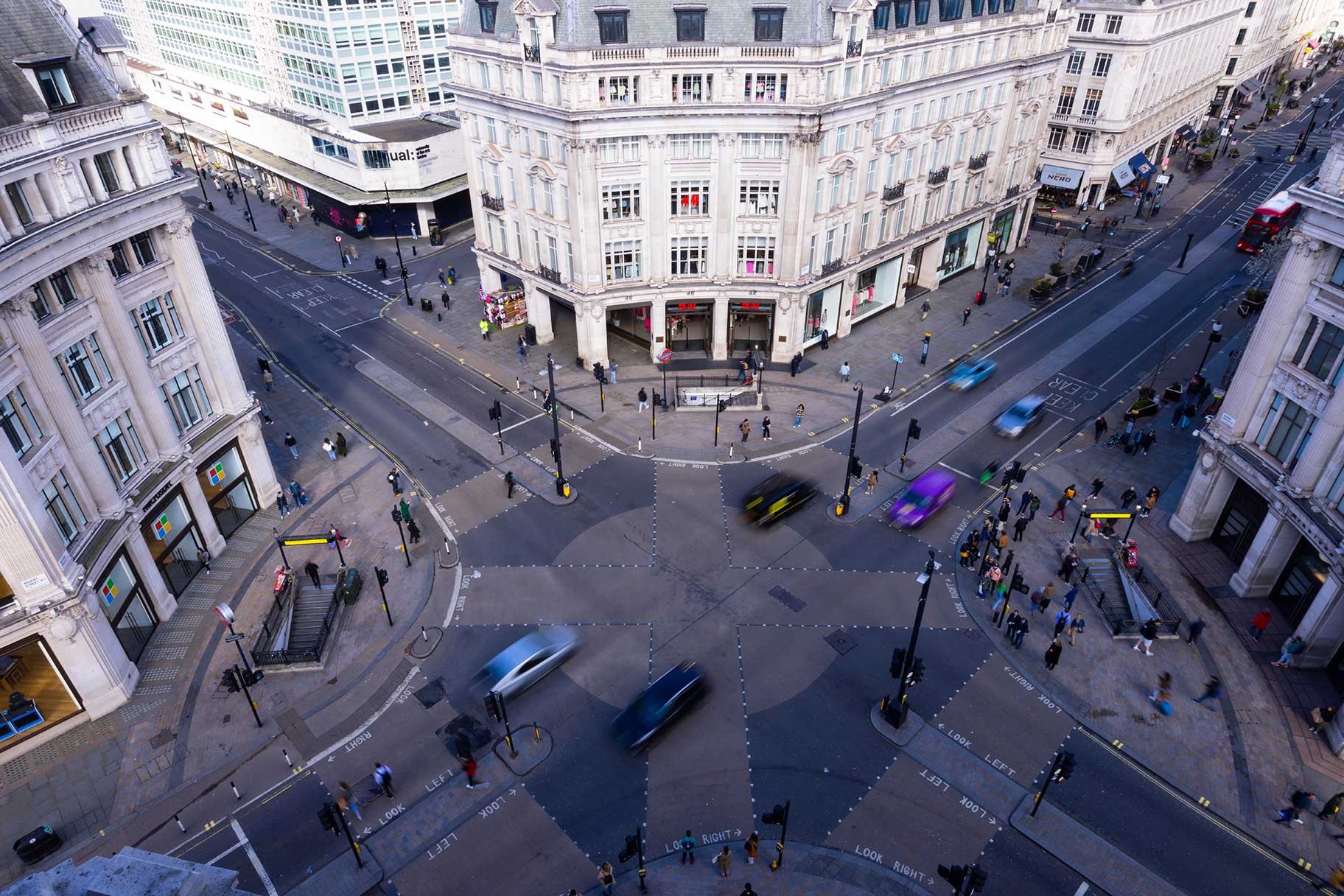
The data shows a situation that is worsening quarter-on-quarter too, as awareness spreads on Britain’s tourist tax.Flight bookings to London from the US were up nearly a fifth (17%) in the three months to June 2023 on the same period in 2019, but the total spent by American visitors in the West End was down by 1%. Similarly, travel from the GCC countries to London was up 7% in Q2 2023, compared to four years ago, but spending decreased by 17%.
Whilst the gap between footfall and spend widens in the U.K., Continental Europe continues to reap the rewards; US spend in France is up by 183% in Q2 2023 compared to 2019 levels, and up by 174% in Spain. Similarly, spend from GCC visitors is up by 118% in France in Q2 2023 and by 112% in Italy.
Dee Corsi, Chief Executive of New West End Company, comments:
“It’s plain to see that more tourists are becoming aware of the tax-free shopping issue and choosing to spend their money in European cities other than London. While it’s reassuring that our capital city hasn’t lost its appeal when it comes to attracting overseas visitors, the widening gap between footfall and spend in Q2 should set alarm bells ringing in Westminster.”
“For West End businesses, this is a particularly acute issue as international visitors make up a significant proportion of all retail and leisure sales. The most recent data indicates a worsening trend of lower spending from international visitors, as word gets out that Britain no longer has tax-free shopping.”
“We’re hopeful that the Treasury will make the right decision after hearing the evidence from businesses directly impacted by this ‘tourist tax’ and will announce during the Parliamentary hearing to review the impact and cost of losing tax-free shopping as a first step towards possible reinstatement of the scheme.”
A separate survey by the New West End Company revealed that consumer sentiment on tax-free shopping is crystallising: three quarters (77%) of international visitors to the West End said they would spend more if they were able to claim back the VAT on their shopping, up by 5 percentage points compared to the same question in January 2023. Meanwhile, a similar proportion (72%) would be more likely to return to the UK if the VAT free shopping was reintroduced.
Corsi concludes:
“The Government continues to insist that scrapping the tourist tax will cost the UK money but that’s simply not the case. All the evidence indicates that, far from a cost to the Exchequer, reintroducing tax-free shopping would have a net positive receipt to the Treasury of at least £350 million.
“As well as the increased sales for retailers, there would also be more business for hotels, restaurants and cultural attractions across the whole of the U.K. The Government should grasp this opportunity to scrap the tourist tax and provide a boost to the Exchequer and U.K. economy with both hands.”
Tax-free shopping was previously available to visitors from non-EU countries, but was withdrawn on 31 December 2020, effectively adding a 20% premium onto goods bought by international visitors. Simultaneously, the UK’s withdrawal from the EU enabled Brits to take advantage of tax-free shopping on the continent – creating a leakage of domestic spend to other European destinations. Not only would the return of tax-free shopping enable the UK to benefit from non-EU shoppers, but it would also tap into a new potential tourism market of 450 million EU residents, for whom the UK is the largest major European tax-free shopping destination.




